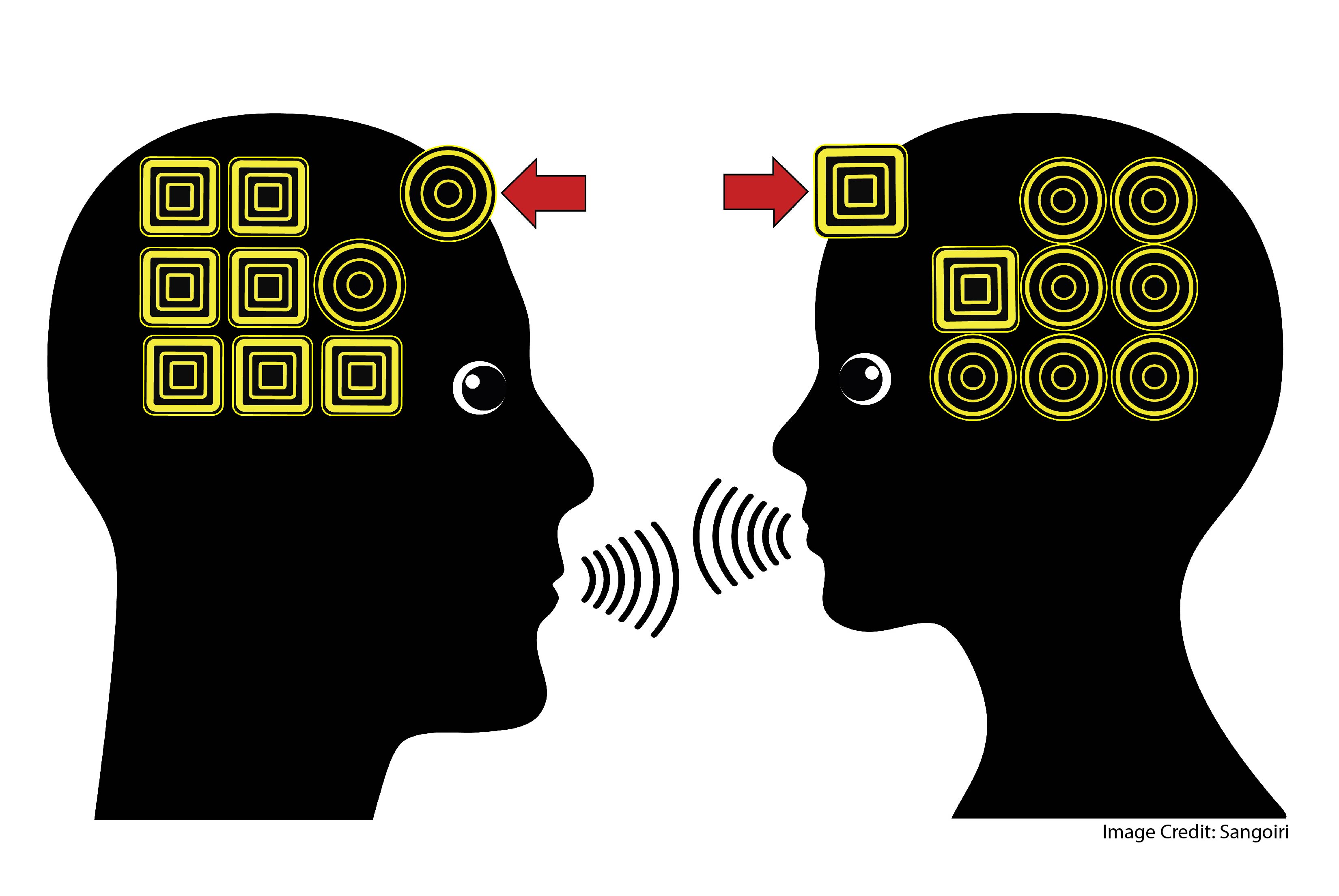Tags
ADHD adolescence attention autism book review boundary conditions classroom advice conference speakers constructivism/direct instruction creativity desirable difficulty development dual coding elementary school embodied cognition emotion evolution exercise experts and novices gender high school homework intelligence long-term memory math methodology middle school mind-wandering mindfulness Mindset motivation neuromyths neuroscience online learning parents psychology reading retrieval practice self-control skepticism sleep STEM stress technology working memoryRecent Comments
- Roberta on Seriously: What Motivates Teachers to Be Funny?
- Revisiting the "Handwriting vs. Laptops" Debate: More Moving Goalposts |Education & Teacher Conferences on Handwritten Notes or Laptop Notes: A Skeptic Converted?
- The Power Of A Growth Mindset: How Students Can Overcome Challenges - Sunshine Blessings on The Rise and Fall and Rise of Growth Mindset
- Goals, Failure, and Emotions: a Conceptual Framework |Education & Teacher Conferences on “Learning from Mistakes” vs. “Learning from Explanations”
- From Destruction to Rebuilding: Hope in Science’s Down Cycle on When Analogies Go Wrong: The Benefits of Stress?
ABOUT THE BLOG
Tag Archives: skepticism

Dodging “Dodgy” Research: Strategies to Get Past Bunk
If we’re going to rely on research to improve teaching — that’s why you’re here,…

Choosing a Knowledge-Rich Curriculum: Pros and Cons
Should our curriculum focus on knowledge or skills? Jon Brunskill debates this question with himself in…

Do We Actually Know What We Think We Know?
Teachers trust research when several studies reach the same result. Sadly, the current “replication crisis” means that we don’t always know what we know. Continue reading

The Unexpected Dangers of Reading (and Writing) Blogs
A recent post on a well-known education blog beats up on that old nemesis: “rote…

Nope: Brain Training Doesn’t Work, Volume 262…
A recent study reveal — AGAIN –that “brain training” doesn’t work. Students can learn new things. But we can train their working memory or IQ in some abstract, artificial way. Continue reading

Problems in Science Communication, Part II: Too Little Skepticism
I spoke at this month’s Signs Summit in Chicago about problems in science communication. Here is…

Problems in Science Communication, Part I: Too Much Skepticism
When teachers question guidance offered by outside research experts, we might be faulted for “too much skepticism.” Yet expertise is more useful and meaningful when provided by insiders. Effective science communication depends on researchers who know schools and classrooms through day-to-day experience. Continue reading

How To Be A Critical Psychology Consumer
Teachers who want to shape our practice with research find ourselves taking on extra responsibilities….

Just Not a Useful Debate: Learning Styles Theory [Updated]
At one of the first Learning and the Brain conferences I attended, a speaker briefly…

3rd Graders Beware! The Perils of Mindfulness Research
Despite suggestive research about its benefits, teachers should know the perils of mindfulness research. In this study, for example, yoga might have helped 3rd graders improve their emotional quality of life…but the study lacks an active control group. We can hope that the mindfulness helped, but we can’t be sure. Continue reading
